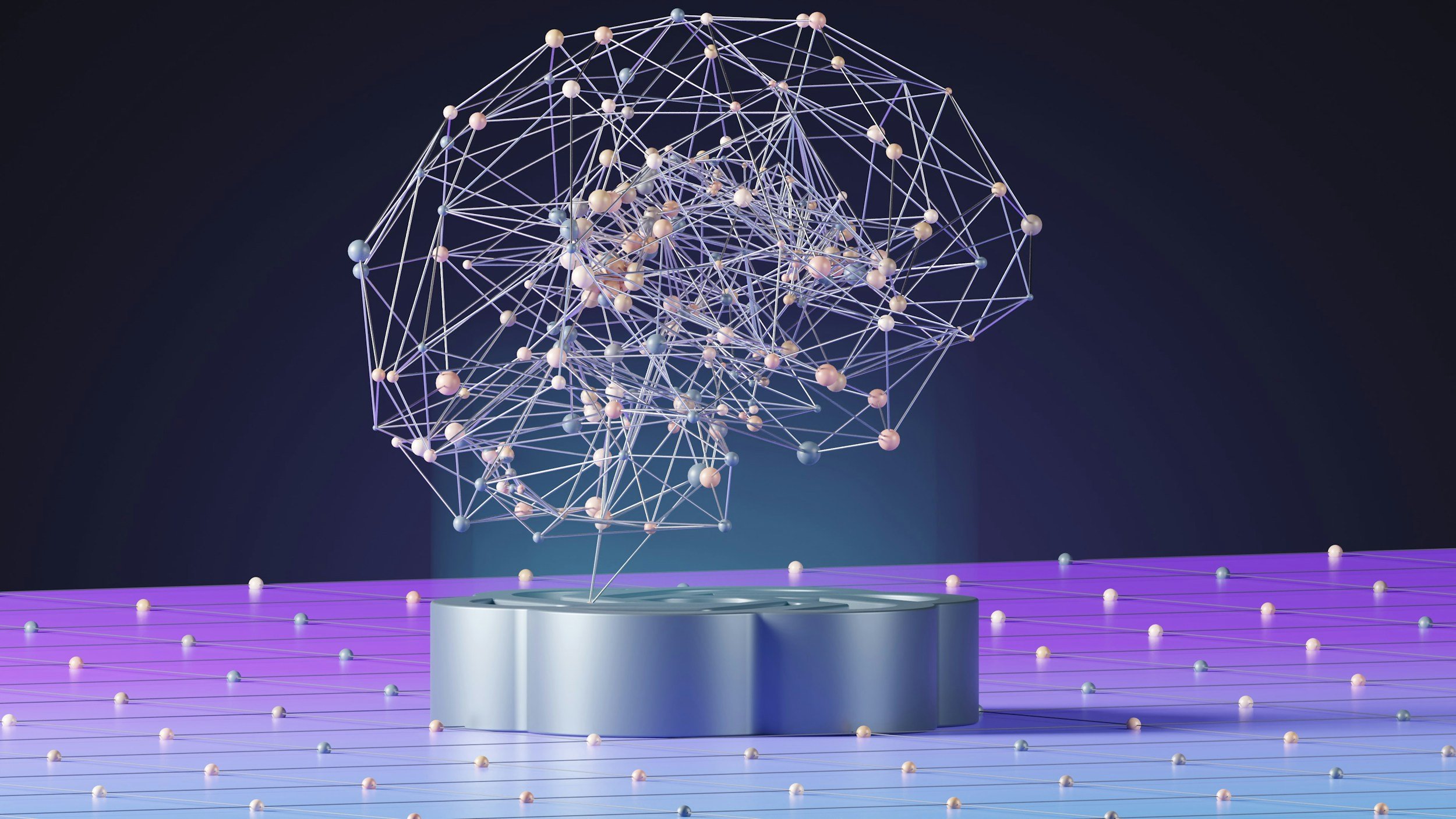
Couples Therapy for ADHD
Relationships in which one or both partners are neurodivergent are unique.
Do you feel like small misunderstandings quickly escalate into bigger conflicts?
Are you frustrated by missed details, or do you feel criticized for struggling to keep up with responsibilities?
Do you suspect ADHD is a core factor in your relationship challenges, but fear bringing it up will cause more tension?
Are moments of deep connection often overshadowed by impulsivity, forgetfulness, or emotional reactivity?
Does your partner fully understand the stress and overwhelm ADHD brings into your daily life?
Get in touch with a Couples Therapist for ADHD today.
If you resonate with these questions, you’re not alone. ADHD can add unique dynamics to your relationship, and while it may seem like it’s always a source of conflict, that’s not the full story.
ADHD can also often bring creativity, spontaneity, and emotional sensitivity into relationships. But when these traits go unrecognized or misinterpreted, they can lead to frustration, misunderstandings, and feelings of disconnection in romantic relationships.
Let’s explore how ADHD affects relationships and how couples therapy, especially therapy designed for neurodivergent couples, can help you create a deeper, more supportive partnership.
Understanding ADHD in Relationships
ADHD influences various aspects of daily life, and in relationships, this can manifest in ways that often feel overwhelming or frustrating.
You or your partner may struggle with executive dysfunction, time management, impulsivity, and heightened emotional reactivity.
While these traits can be challenging, they don’t define the entirety of your relationship. ADHD also brings positive aspects: thinking outside the box, deep emotional connection, and spontaneity that can strengthen your bond.
However, when ADHD-related challenges are left unaddressed, they can lead to patterns of miscommunication and frustration. For example:
Overwhelmed Responsibilities: One partner may feel overwhelmed by responsibilities, especially if they feel like they’re managing the majority of household tasks, appointments, or parenting duties. This imbalance in the mental load can create resentment over time.
Non-ADHD Partner: “I have to do it all and can’t count on my partner. I feel burnt out, stressed, and exhausted.”
Feelings of Shame and Unworthiness: The partner with ADHD might feel deep shame for not doing enough, even though they’re trying their best. They may be struggling with forgetfulness, time blindness, and trouble staying on task due to ADHD, but to their partner, it may seem like laziness or carelessness.
ADHD Partner: “I feel like a failure and ashamed. I’m tired of letting myself and my family down. I try so hard, but I still can’t control it.”
Emotional Disconnect: Impulsivity can lead to sudden outbursts or emotional reactions that are hard to understand at the moment, causing deeper wounds in communication.
Non-ADHD Partners: “I feel let down and forgotten. My partner’s emotional reactions leave me feeling lonely and unwanted.”
Criticism and Stigmatization: Criticism, or a focus on “fixing” ADHD, can also lead to feeling stigmatized. This can happen when ADHD is viewed as a problem to be cured, rather than an aspect of one’s identity to be understood and supported.
ADHD Partner: “I don’t do it on purpose, but I forget a lot of things. It feels like my partner is always angry and upset with me.”
Hyperfocus Interference: The ADHD partner’s tendency to hyperfocus on tasks or interests can interfere with the relationship, making the non-ADHD partner feel neglected or unimportant.
Non-ADHD Partner: “When my partner gets caught up in their projects, I feel invisible and disconnected. It’s like I have to compete for their attention, which leaves me feeling rejected and sad.”
Rejection Sensitivity: While no one likes to feel rejected, many people with ADHD experience heightened sensitivity to perceived rejection. This can confuse both partners when it isn’t properly understood as a symptom of ADHD.
Non-ADHD Partner: “Even small interactions can be taken by my partner as wholesale rejection. I want to feel like I can bring things up without them being blown out of proportion.”
How Therapy for Neurodivergent Couples Can Help
In couples therapy, we address the specific challenges ADHD brings to the table and provide you with the tools to not only navigate those challenges but also leverage the strengths that ADHD can offer. Through a neurodiverse-affirming and strength-based approach, couples therapy can help partners work on:
Breaking the Blame Cycle: It’s easy to fall into a cycle where one partner feels unfairly criticized, while the other feels burdened by responsibilities. ADHD couples therapy helps both partners externalize these issues and see ADHD’s role in this dynamic, fostering empathy and understanding.
Improving Communication: ADHD can make it hard to focus during conversations or remember important details. Therapy provides strategies to ensure both partners feel heard, allowing for clearer, more effective communication without defaulting to criticism.
Balancing Responsibilities: Task management is a common challenge in relationships affected by ADHD. Couples therapy can help partners create systems that reduce the mental load and divide responsibilities in a way that feels fair for both partners.
Highlighting ADHD’s Strengths: While ADHD may bring challenges, it also offers unique strengths like creativity and spontaneity. We’ll explore how to integrate these traits into your daily life and enhance your relationship.
Deepening Emotional Intimacy: Couples therapy for ADHD creates space for both partners to feel emotionally attuned to each other. For example, the neurotypical partner can learn to offer support with patience and understanding, while the neurodivergent partner can work on building self-awareness and practice sharing emotions before they escalate.
Educating Partners About ADHD: Therapy can help educate the neurotypical partner on how ADHD truly impacts their neurodiverse partner’s daily life, reducing misconceptions and fostering a more compassionate, supportive relationship. This encourages a shift from a mindset of “fixing” ADHD to one of embracing neurodiversity with understanding.
What to Expect in Couples Therapy with ADHD in the Mix
3. Creating Systems for Managing Responsibilities
Imbalances in mental load are common in ADHD-impacted relationships. One partner might feel like they’re shouldering more of the household responsibilities, while the other feels lost in executive dysfunction—struggling to organize and complete tasks. Therapy helps you co-create systems that play to each other’s strengths. For instance, the neurotypical partner might handle tasks that require organization and long-term planning, while the ADHD partner can contribute through spontaneous problem-solving or tasks that require creativity.
Tools like the Fair Play Method can be particularly helpful here, providing a concrete way to balance responsibilities and create a system that works for both partners You can refer to our Fair Play Method blog post for detailed insights on how this tool works.
4. Strengthening Your Emotional Connection
ADHD can lead to heightened emotional reactivity, which might make it hard for the neurodivergent partner to regulate their feelings during stressful situations. On the other hand, the neurotypical partner may struggle to provide the right kind of support, especially if they misinterpret these emotional outbursts as anger or disinterest. Therapy focuses on improving emotional regulation for the ADHD partner while teaching the neurotypical partner how to offer support in ways that feel validating and non-judgmental.
For example, learning how to emotionally attune can help the neurotypical partner provide support without escalating the situation, while the neurodivergent partner can work on self-soothing techniques to manage impulsivity.
2. Developing New Communication Tools
ADHD often interferes with listening, focus, and memory, which can make conversations difficult. You might notice your partner drifting off during important discussions, or they may forget key details, leading to misunderstandings. Couples therapy for ADHD helps you both develop communication strategies that promote active listening, clarify expectations, and prevent minor issues from escalating into bigger conflicts.
For example, implementing a “pause button” during heated moments allows time for emotional regulation before continuing a conversation. This can reduce impulsive reactions and create a safer environment for discussion.
Every relationship is different, and the way ADHD shows up varies from person to person. Couples therapy for ADHD helps you recognize these patterns and understand how they impact your relationship. Here’s what you can expect:
1. Understanding ADHD’s Impact on Relationships
ADHD can affect multiple aspects of a relationship, from daily routines to emotional connection. For example, one partner might struggle with time blindness, leading to chronic lateness or missed appointments. This can create frustration for the other partner, who may interpret this as inconsideration. Therapy helps you recognize these moments as ADHD symptoms rather than personal flaws, allowing for a more compassionate response.
5. Promote Acceptance & Understanding
Therapy fosters mutual acceptance of each partner’s unique experiences. For the ADHD partner, this means understanding how their neurodivergence impacts daily life, while the non-ADHD partner gains insight into the emotional and cognitive challenges their partner faces. On the flip side, the ADHD partner can develop a deeper understanding of the stress and emotional toll the non-ADHD partner experiences, especially when dealing with disorganization or impulsivity.
By building empathy for each other’s perspectives, therapy creates a sense of safety and security, allowing both partners to feel seen, understood, and valued for who they are–not just for their behaviors. This promotes a partnership based on acceptance rather than judgment, where challenges are dealt with with respect and mutual support.
Frequently Asked Questions
-
ADHD affects executive functioning, which includes tasks like managing time, organizing, and regulating emotions. It goes beyond simple forgetfulness, impacting daily life in a significant way.
-
Even without a formal diagnosis, therapy can help address ADHD-like behaviors (e.g., forgetfulness, impulsivity, difficulty focusing) and provide tools to manage these challenges. Therapy focuses on patterns in your relationship and how both partners can work together, regardless of a formal label.
-
Therapy creates a space to explore these dynamics together. We help both partners understand ADHD’s role in the relationship and foster empathy for each other’s experiences.
-
Couples therapy for ADHD focuses on the dynamics between both partners, not just the person with ADHD. It encourages shared responsibility for improving communication and managing tasks, ensuring both partners feel supported and validated..
-
While therapy doesn’t involve prescribing medication, it can provide a space to discuss how ADHD medication (or lack thereof) affects the relationship. If applicable, your therapist may work alongside your doctor or psychiatrist to ensure that treatment is comprehensive.
See if our services are right for you.
A member of our intake team will contact you for a no-pressure complimentary consultation.
Our Team is Here to Support You
If you and your partner are ready to tackle the unique challenges that ADHD presents and strengthen your connection, we’re here to help. At Colorado Therapy Collective, our neurodivergent-affirming therapists and relationship experts offer compassionate support to normalize the struggles ADHD can bring to relationships–whether it’s communication issues, emotional reactivity, or imbalance in responsibilities.
Our Emotionally Focused Therapy (EFT) trained therapists help couples break out of their negative cycles and build secure emotional bonds, fostering empathy and understanding, especially when ADHD challenges are part of the relationship dynamic. We offer a non-judgmental space where both partners feel seen, supported, and empowered to navigate these challenges together. At Colorado Therapy Collective, we’re here to help you take the first step toward a more fulfilling romantic relationship.














